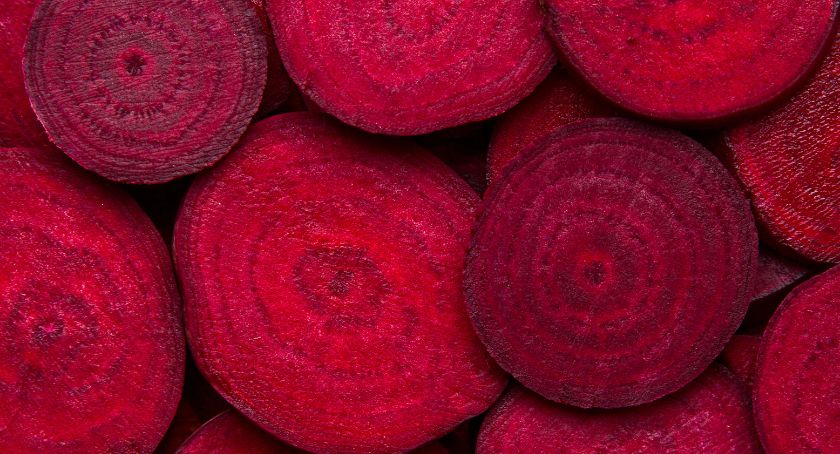Market Updates, Research
Low Vitamin D Linked to Risk of Young-Onset Colorectal Cancer
Vitamin D intake of 300 IU or more was linked to an approximately 50% lower risk in developing cancer or precancerous polyps, researchers suggest.

By: Mike Montemarano

In adults younger than the age of 50, vitamin D deficiency could lead to an increased risk of young-onset colorectal cancer or the formation of precancerous colon polyps, according to a study conducted by the Dana-Farber Cancer Institute, the Harvard T.H. Chan School of Public Health, and other Institutions.
While vitamin D intake has been implicated in colorectal cancer (CRC) pathogenesis, this was the first study of its kind to specifically assess the influence vitamin D has on early-onset CRC and its precursors. In order to assess this influence in a large population, the authors of the study tracked the health outcomes of 94,205 women who enrolled in the Nurses’ Health Study II, which, over a period spanning 1991 to 2015, followed 111 incident cases of early-onset CRC during a 1,250,560 person-years follow-up. Every two years in the study, the participants took part in questionnaires on demographics, diet and lifestyle factors, and medical information which included the focal endpoint of young-onset CRC diagnosed before the age of 50.
While overall incidences of colorectal cancer have been in decline for some time, the authors of the study note that the rates have been increasing in younger adults, with no apparent cause to the trend. With consumption rates of vitamin D from food sources decreasing in tandem with rates of young-onset colorectal cancer, the researchers wanted to examine, for the first time, a possible connection.
“Vitamin D ahs known activity against colorectal cancer in laboratory studies,” Kimmie Ng, MD, MPH, director of the Young-Onset Colorectal Cancer Center at Dana-Farber, said. “Because vitamin D deficiency has been steadily increasing over the past few years, we wondered whether this could be contributing to the rising rates of colorectal cancer in young individuals. We found that total vitamin D intake of 300 IU per day or more – roughly equivalent to three eight-ounce glasses of milk – was associated with an approximately 50% lower risk of developing young-onset colorectal cancer.”
The authors noted that vitamin D had a stronger influence if it came from food sources, rather than supplements, which they could not attribute to anything beyond chance or unknown factors that are not yet understood.
Interestingly, while vitamin D had substantial influence over CRC risk factor when diagnosed before the age of 50, for those 50 and above, vitamin D’s influence didn’t achieve significance. Without an apparent reason for this inconsistency, the authors reported that more studies of a greater sample size may be necessary to determine if a protective effect of vitamin D is actually stronger in younger people when it comes to colorectal cancer.
“It is critical to understand the risk factors that are associated with young-onset colorectal cancer so that we can make informed recommendations about diet and lifestyle, as well as identify high-risk individuals to target for earlier screening,” Ng said.




















